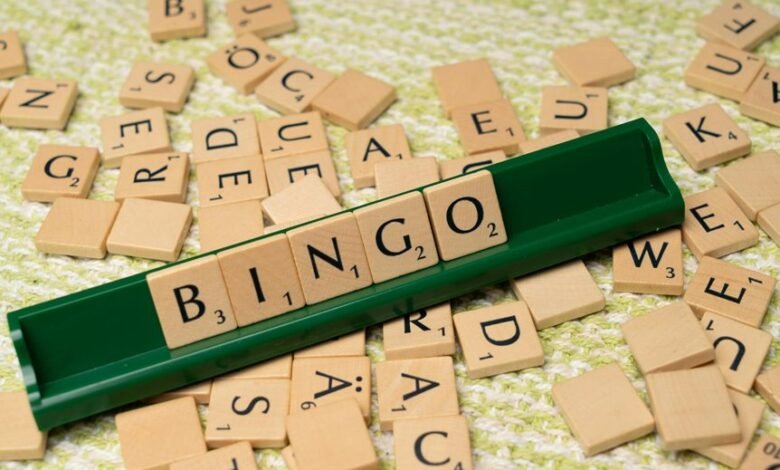Cross-Check Caller Source On 3880591728, 3801325161, 3663444200, 3896579949, 3338080982, 3249983774

Cross-checking caller sources, particularly for numbers like 3880591728, 3801325161, and others, is essential for safeguarding personal information. Many individuals unknowingly expose themselves to scams when they fail to verify unfamiliar callers. Utilizing available verification tools can help differentiate between legitimate contacts and potential threats. Understanding the implications of these calls can reveal patterns in fraudulent behavior that warrant further investigation. What steps can one take to ensure their security against such tactics?
Understanding Caller ID and Its Limitations
Although Caller ID technology has become a standard feature in telecommunications, its reliability is often undermined by various limitations.
Caller ID accuracy can be compromised through spoofing, where callers falsify their identity, raising significant privacy concerns.
As individuals seek to protect their personal information, the effectiveness of Caller ID as a trustworthy means of verifying callers remains questionable, highlighting the need for cautious engagement.
Tools and Resources for Caller Verification
As the limitations of Caller ID become increasingly apparent, individuals and businesses are turning to a variety of tools and resources designed to enhance caller verification.
Among these, caller verification tools and mobile apps provide essential features, such as reverse lookup, spam identification, and user-generated feedback.
These resources empower users to make informed decisions about unknown callers, promoting safety and security in communication.
Common Scams Associated With Unknown Numbers
What types of scams are prevalent among unknown callers? Common scams include impersonation of government agencies, fake charities, and lottery winnings.
These tactics exploit the unsuspecting, emphasizing the need for scam awareness. Victims are often urged to provide personal information or make payments upfront.
Reporting scams not only helps individuals protect themselves but also aids in thwarting such fraudulent activities on a larger scale.
Steps to Take If You Receive a Suspicious Call
Receiving a suspicious call can be unsettling, particularly after being informed about the various scams associated with unknown numbers.
Individuals should identify suspicious call signs and employ caller response strategies, such as refraining from sharing personal information and hanging up if the conversation feels coercive.
Reporting the call to authorities can further mitigate potential risks and protect others from similar threats.
Conclusion
In an age where technology promises connectivity, it ironically serves as a gateway for deception. The numbers 3880591728, 3801325161, 3663444200, 3896579949, 3338080982, and 3249983774 exemplify the duality of modern communication—facilitating both legitimate dialogue and insidious scams. By prioritizing caller verification, individuals can navigate this maze of misrepresentation, transforming potential threats into mere whispers of data. Thus, vigilance becomes an essential tool in a world where not all calls are created equal.




